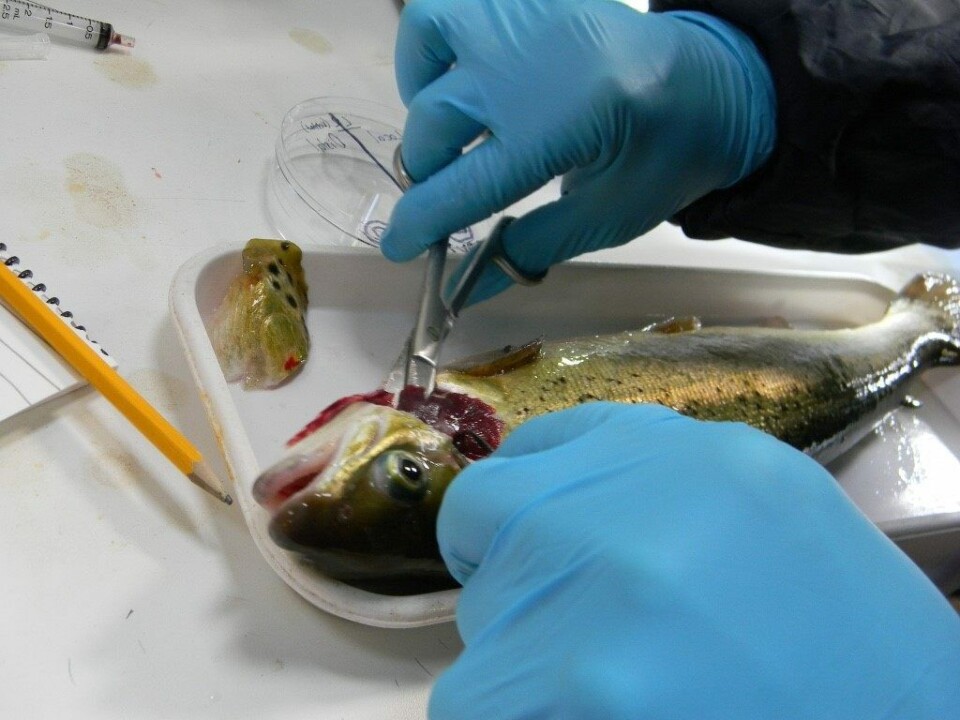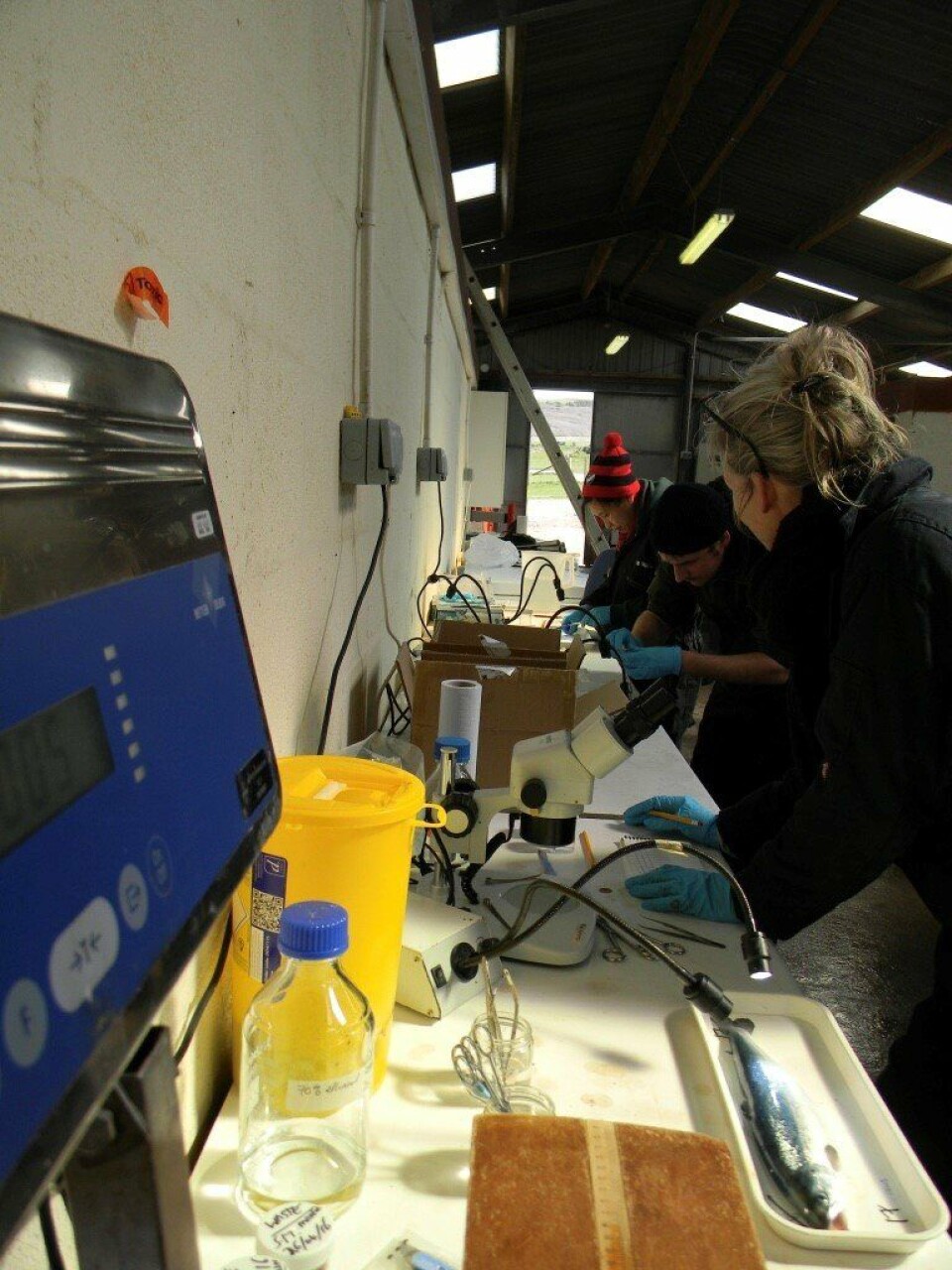
AGD vaccine trials approach
A number of autogenous vaccines against amoebic gill disease (AGD) are shortly to be trialled by researchers at the University of Stirling’s Institute of Aquaculture.
Dr Sophie Fridman, who is leading the Institute’s work package, explains to Fish Farming Expert how the research is evolving.

Can you provide a basic outline of the vaccine development process?
The aim of this project is to develop and test a novel control strategy against AGD in farmed salmon stocks, through the use of autogenous vaccines.
To date amoebae have been collected from gills of salmon infected with AGD from Marine Harvest sites on Scotland’s west coast and then grown up in the lab at the Institute of Aquaculture. The consortium is now culturing, isolating, characterising and comparing these different amoebae strains and developing vaccines based on the results.
We are now into the second year of the three-year project and are currently preparing to trial the first batch of autogenous vaccines against AGD using an experimental challenge model at the Institute’s Marine Environmental Research Laboratory at Machrihanish. Experimental vaccines that prove effective in the laboratory will then be used to vaccinate fish in sea cages to assess vaccine efficacy in fish following natural exposure to amoeba. In theory, following on from their successful application, farm specific vaccines could be then commercially available for use.
Who is involved with the current project?
This project brings together fish health and vaccinology expertise from the Institute, the UK’s leading aquaculture research and teaching hub; Ridgeway Biologicals Ltd, the UK’s primary manufacturer of autogenous vaccines; and Marine Harvest, Scotland’s largest salmon producer. The project is is funded by Innovate UK.
What’s novel about your approach?
The uniqueness of this project lies in the fact that we are attempting to create a vaccine against a parasitic disease in fish, for which, at present, there are no commercially available vaccines. In addition, we are developing autogenous vaccines against AGD – ie vaccines that can be individually tailored for each farm experiencing an outbreak – which can be produced under specific regulations, controlled by the Veterinary Medicines Directorate, offering the potential to be produced and deployed rapidly in the face of an emerging AGD threat.
Has the project attracted much industry attention so far?
Marine Harvest is, of course, involved in project, but as it’s is still in the development phase, we’ve not yet had much interaction with the wider industry. However, our research clearly offers great potential to the industry in the long run; currently treatments are restricted to bathing infected fish in hydrogen peroxide or fresh water – both methods are costly and logistically challenging and, in addition, can have detrimental impacts on the health and welfare of fish that have already been compromised. An alternative approach would therefore be welcomed and the production of successful vaccines against AGD would obviously have a profound impact on the sustainability of the salmon industry as a whole.























































